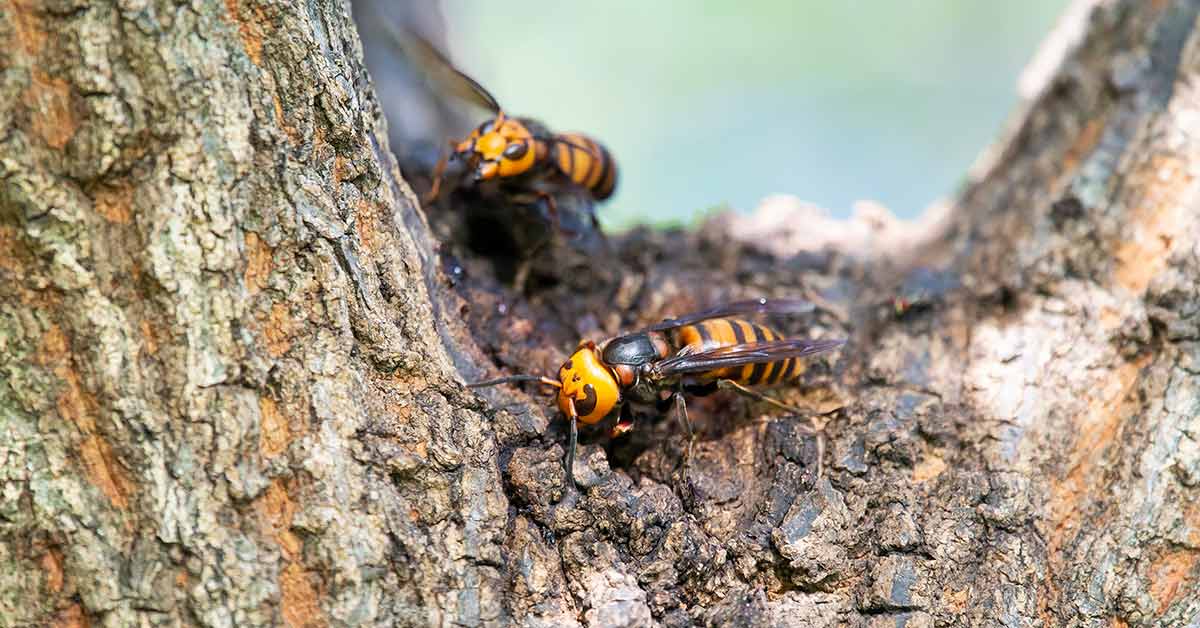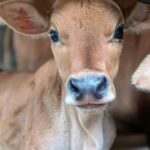The Asian hornet (Vespa velutina nigrithorax) is an invasive species that threatens bee populations, leading to reduced pollination and lower crop yields. Its aggressive behavior poses a direct risk to humans. Spread through international trade disrupts local ecosystems. Strict import and export controls are needed to prevent further damage to biodiversity and agriculture. Picture rights by: Naotoshinkai Dangers of the Asian Hornet 1. Threat to Bee Populations: The Asian hornet preys intensively on bees, leading to a significant decline in bee colonies. This is problematic because bees are essential for the pollination of many plant species, including crops important for…...
Sign in with Google to continue reading
💬 Meet Our Members

Julia Orozco
Poet who love nature and writing poetry.
Tamizh Ponni VP
Tamizh Ponni VP is an ambivert who loves to express her skills…

Dr. B.H.S Thimmappa
B.H.S. Thimmappa is a seasoned chemistry professional with extensive experience in developing…

Abhinaba Maitra
Abhinaba Maitra is a Kolkata-based writer with a background in software engineering.…

Sindhu Gopalkrishnan
I love writing as I get to create something beautiful and touch…

Khushi Barman
I'm a 22-year-old Indian psychology student. I have a strong interest in…
Support independent journalism. Your membership keeps us going.
The Asian hornet (Vespa velutina nigrithorax) is an invasive species that threatens bee populations, leading to reduced pollination and lower crop yields. Its aggressive behavior poses a direct risk to humans. Spread through international trade disrupts local ecosystems. Strict import and export controls are needed to prevent further damage to biodiversity and agriculture.

Picture rights by: Naotoshinkai
Dangers of the Asian Hornet
1. Threat to Bee Populations: The Asian hornet preys intensively on bees, leading to a significant decline in bee colonies. This is problematic because bees are essential for the pollination of many plant species, including crops important for food supply. A decrease in bee populations directly affects biodiversity and agricultural productivity.
2. Aggressive Behavior: The Asian hornet is known for its aggressive nature, especially when it feels threatened. They often attack in groups, significantly increasing the risk of stings. These stings can be particularly painful and, in some cases, especially for allergic individuals, even deadly.
3. Ecosystem Disruption: The presence of Asian hornets disrupts local ecosystems. They compete with native species for food and habitat, which can lead to the extinction of local insect populations and an imbalance within the ecosystem.
Why Increased Vigilance is Needed
Biodiversity Loss: The decline of bees and other pollinators due to the presence of the Asian hornet contributes to a broader trend of biodiversity loss. This has far-reaching consequences for the resilience of ecosystems, the stability of food chains, and the availability of natural resources.
Impact on Agriculture: Since the Asian hornet affects bee populations, this reduces the pollination of crops, leading to lower yields and possibly higher food prices. Farmers are thus forced to use other, potentially less sustainable methods to protect and pollinate their crops.
Human Activity and Spread
Import and Export: The spread of the Asian hornet to other continents is largely due to human activities such as international trade and transport. Unintentional introductions via cargo ships, airplanes, and other transport means have enabled these insects to colonize new areas.
Precautionary Measures: To prevent the spread of the Asian hornet, it is essential to implement strict import and export controls. This includes inspections of goods and transport vehicles, as well as raising awareness about the risks of introducing non-native species into new environments.
Conclusion
The Asian hornet is an example of how a species, when relocated by human activities, can cause significant damage to new environments. While it can serve as nutritious and healthy food in its original habitat, its presence on other continents poses major risks to biodiversity, agriculture, and human health. Increased vigilance and effective control measures are crucial to limit the negative impact of this insect and restore the balance in affected ecosystems.











